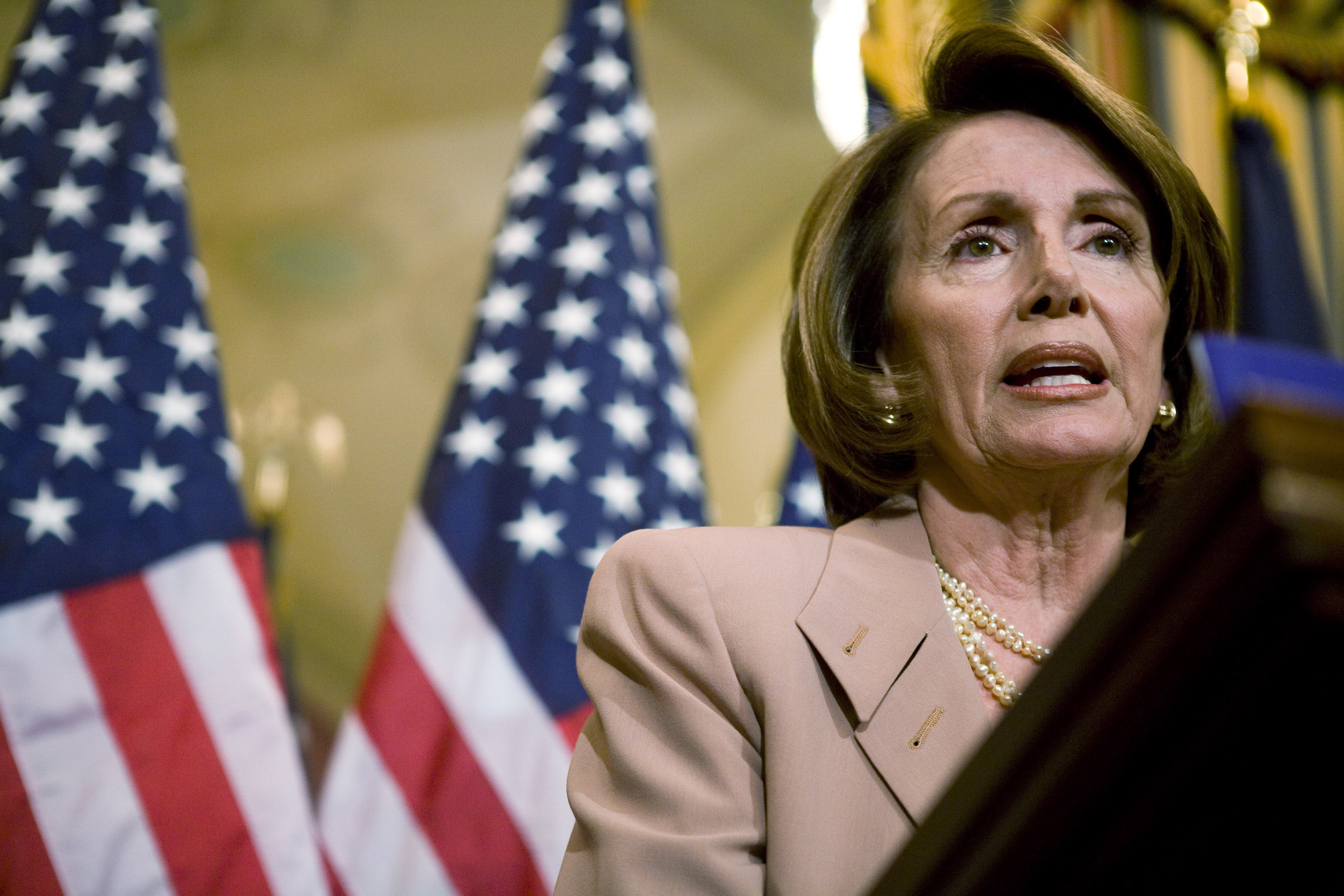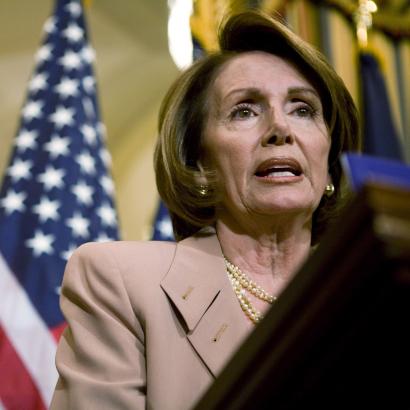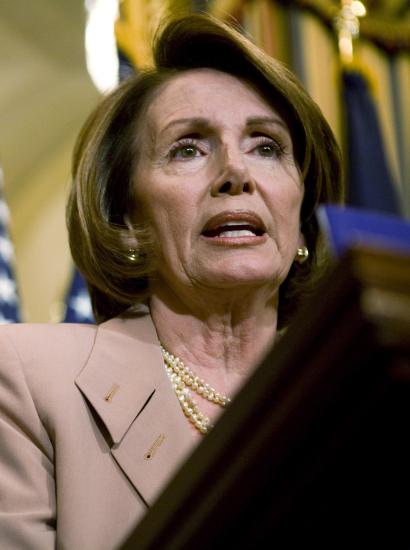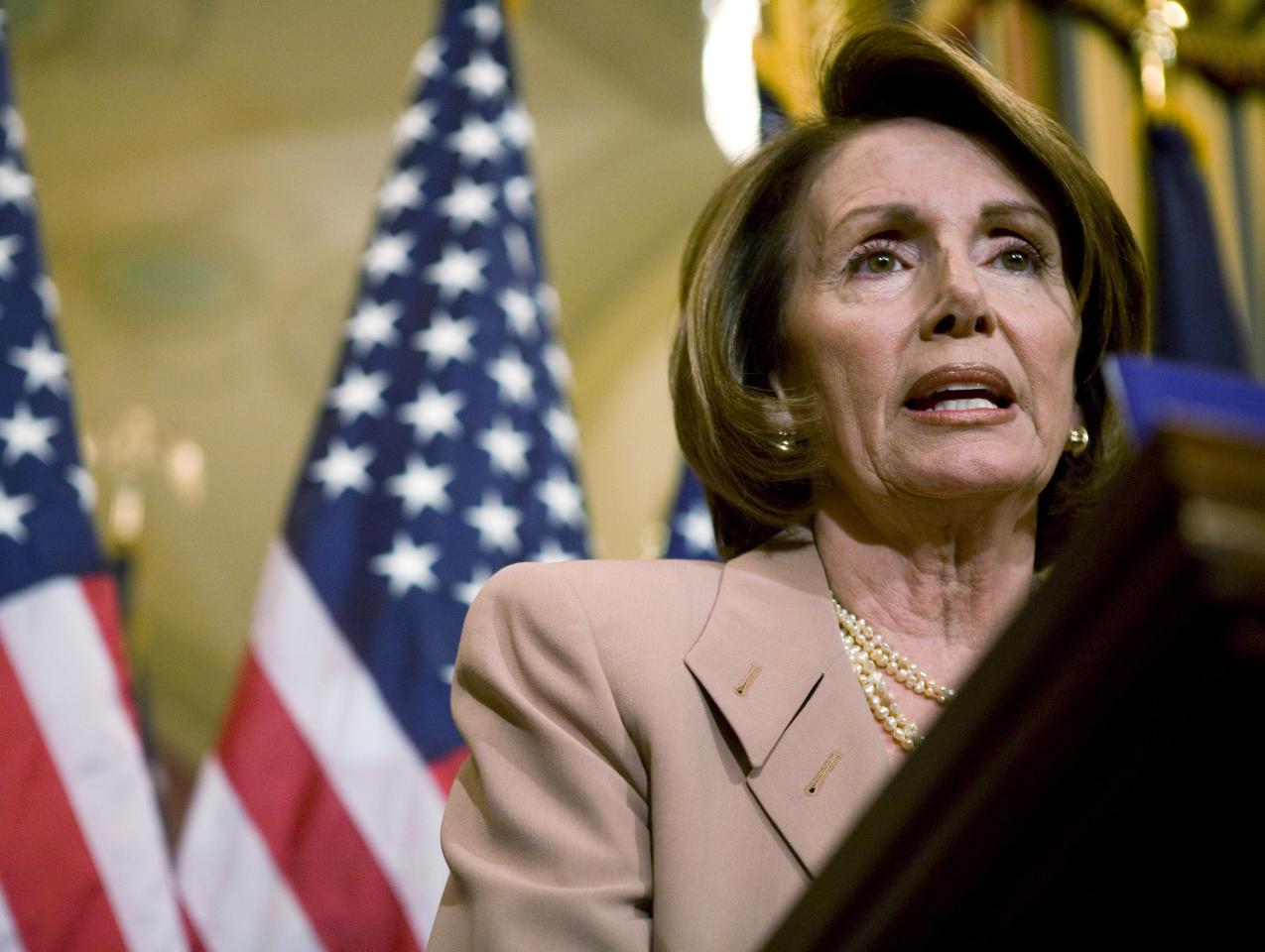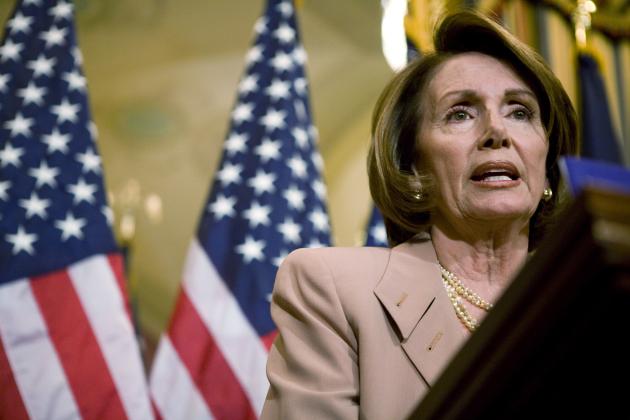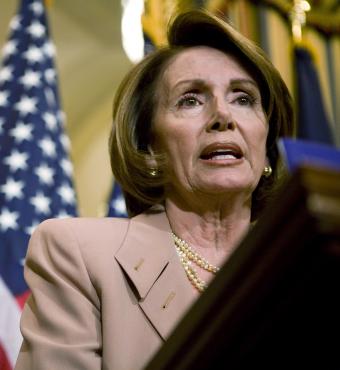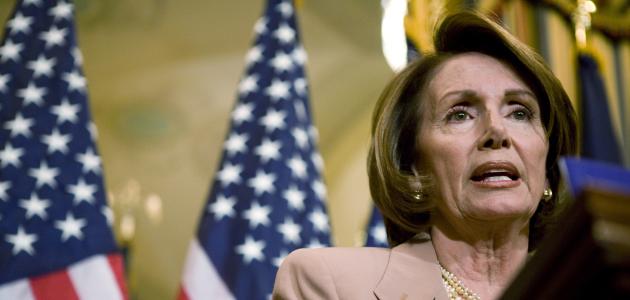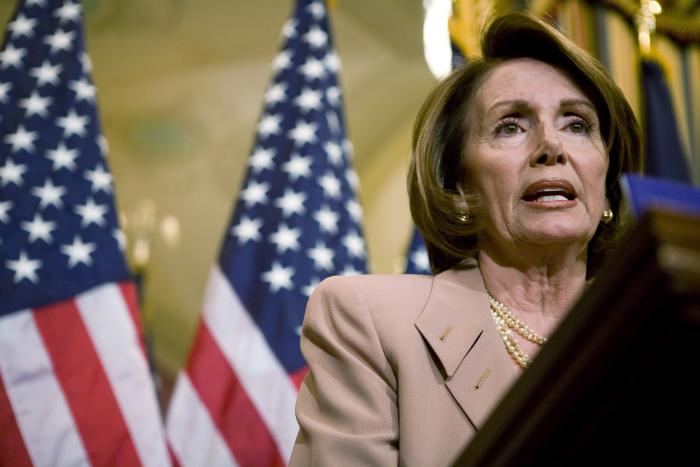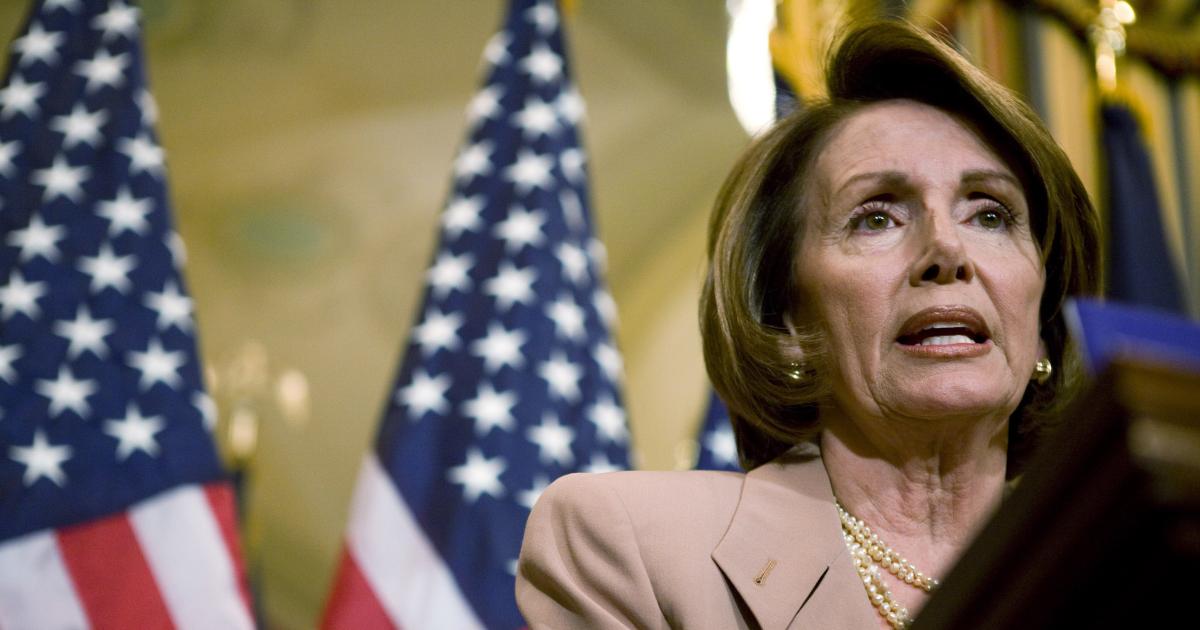- Politics, Institutions, and Public Opinion
As we approach the year’s end, there is a titanic struggle taking place for the moral high ground of the country leading up to the 2020 presidential election. On the one side, the Democrats have succeeded on a wholly partisan vote in the House Judiciary Committee to forward two Articles of Impeachment to the full House of Representatives, where they will again be approved along strictly partisan lines.
At the same time, Inspector General Michael Horowitz published an exhaustive and mind-numbing Report that examined the FBI’s Crossfire Hurricane Investigation of Russian influence on the 2016 election. Among other things, that investigation wrongly initiated surveillance of Carter Page who wrongly deemed to be a Russian agent. The IG’s Report relentlessly documented serious defects in the FBI’s investigation, including in its procedures for seeking warrants from the FISA Court.
For the record, I am no admirer nor consistent defender of President Donald Trump, nor do I identify in any way with the Republican Party. But in this two-front war against the political right, the Democrats have emerged as big losers. In capsule form, I present the reasons why below.
To start with the Articles of Impeachment, the Democrats made a tactical decision to attack the President on two broad grounds only. The first claim faults Trump’s abuse of power in connection with his handling of military aid given to Ukraine. He is said to have “solicited the interference of a foreign government, Ukraine, in the 2020 United States Presidential election” by asking Ukraine “to publicly announce investigations that would benefit his reelection, [and] harm the election prospects of a political opponent,” Joe Biden. Trump’s alleged threat was to withhold $391 million of approved aid.
The second Article is for obstruction of Congress in its investigation of the Ukraine incident, stemming from the White House’s refusal, “without lawful cause or excuse,” to allow the President’s chief advisors to comply with House subpoenas asking for either testimony or documents. Neither Article alleges any criminal actions, let alone treason or bribery or any other quid pro quo arrangement. Nor does either specify by time or place the particular actions of the President that constituted these alleged abuses of power.
Let us assume for the sake of argument that Congress’s impeachment power is not narrowly constrained by the Constitution, whose text allows impeachment only in cases of “treason, bribery, or other high crimes and misdemeanors.” Under the sparse terms of the first Article of Impeachment, the Democrats could still take one of two lines of attack. First, they could look closely at the transcript of the July 25, 2019 telephone conversation between President Trump and Ukrainian President Volodymyr Zelensky to determine if Trump issued a quid pro quo. But as I have argued previously, this phone call by itself cannot make out the case for Trump’s impeachment. The conversation did not mention either the 2016 or the 2020 elections; nor did it mention the proposed aid package as a possible source of contention. Flatly, there was no evidence of pressure in that quasi-public setting. Mutual flattery is a better description of what transpired during that conversation.
For that reason, the Democrats were right not to put the phone call front and center. But then there was the anonymous whistleblower complaint that dramatically claimed that Trump was guilty of “pressuring” Zelensky to investigate Biden. That report is double-hearsay, featuring what the whistleblower heard from others who were themselves not witnesses to any of the events. Back in August, when first the complaint and then the text of the phone call were released, many of Trump’s critics were confident they would be able to collect independent evidence of a course of dealing between Trump and Zelensky to give context to the phone call.
But no such evidence has emerged. Moreover, such evidence will be hard to come by, given that this decision on military aid was a matter of high national priority vetted by many interested agencies and individuals inside government. The issue on the merits is indeed a difficult one, for even President Obama refused to send over the lethal aid that Trump eventually released.
Trump’s reference to Biden at the end of July 25th phone call may have been unwise, but hardly impeachable. Any President has extensive powers of investigation on foreign affairs. Hunter Biden’s board position on Burisma, a corrupt company, would have raised eyebrows even if Joe Biden were not running for President. And recall that Trump did not make any specific requests for “dirt” on Biden, just information on an incident that has a direct relationship to foreign affairs. The evidentiary burden on the Democrats to chase down some illicit pattern of behavior surrounding the phone call has only yielded a chain of causal inferences that are filled with missing links.
The second Article of Impeachment is embarrassingly weak. It has long been understood that executive privilege is part of any system of separation of powers. This Article simply misstates the law to insist that the President is duty-bound to comply with whatever the House requests. In most instances, the President and Congress joust over these subpoenas before reaching an agreement on the particulars. In this case, where high level communications with senior advisors are at issue, the claims for an absolute executive privilege are at their highest. Trump may ultimately be proven wrong in either whole or in part on his expansive claims. Nonetheless, impeachment is premature. As in the first instance, what is required for this charge is an adverse judicial final decision that Trump chooses to ignore.
Recently, a preliminary decision in Committee on the Judiciary v. McGahn was rendered against Trump on the more limited question of whether his key officials had to appear before the House to answer questions about the obstruction of justice issues raised in the Mueller report. Yet that decision did not decide whether or not Don McGahn, Trump’s former White House counsel, could successfully assert executive privilege in response to particular questions or requests. Nor is it clear that the McGahn decision will survive on appeal. In sum, the entire Article of Impeachment is premature at best, and wholly misguided as worse. These two Articles might well satisfy most Democrats, albeit with at least one defection, but it is highly unlikely they will carry any Republicans to their side. The prospects for conviction are bleak at best.
The Democrats are also on the defensive after the release of Inspector General Horowitz’s Report on FBI activities during the 2016 election and thereafter with respect to Russian interference. No one now doubts that the FBI engaged in a large bag of dirty tricks that featured excessive reliance on the Steele dossier, which created, in the words of Glenn Greenwald, “a scandal of historic magnitude: not only for the FBI but also the U.S. media.” However, the media has tried to salvage some vindication from the Report. For example, Sarah Longwell argues that the Horowitz Report concluded the FBI’s “abuses were not motivated by political bias, because the decision to open the investigation was well warranted by the available evidence.” But that is not what Horowitz said. To the contrary, he announced that he could not “rule out political bias.” And when asked by Senator Lindsey Graham, “Can you say it wasn’t because of political bias?,” Horowitz replied “I do not know,” given the limited sources available for his review.
More specifically Horowitz also advanced a series of weak arguments against the charge that political bias played a role in the FBI’s investigation—which is instructive. In his report, he first wrote: “We did not find documentary or testimonial evidence that political bias or improper motivation influenced the FBI’s decision to seek FISA authority of Carter Page.”
The point may have been literally true at the inception of the investigation. But it is also incomplete, as ample circumstantial evidence suggests that political bias could have infected every stage of the investigation. To be sure, the initial decision to open the investigation of Carter Page was made by Bill Priestap, former assistant director of the FBI’s counter-intelligence division, and there is no evidence whatsoever that Priestap harbored any illicit bias. But before he made his decision, he consulted with former FBI Director James Comey as well as other high-ranking FBI officials. Comey harbored some anti-Trump bias.
In addition, Horowitz’s key findings on Lisa Page and Peter Strzok, both fierce anti-Trump figures within the FBI, are worth pointing out:
“[W]hile Lisa Page attended some of the discussions regarding the opening of the investigations, she did not play a role in the decision to open Crossfire Hurricane or the four individual cases."
“We further found that while Strzok was directly involved in the decisions to open Crossfire Hurricane and the four individual cases, he was not the sole, or even the highest-level, decision maker as to any of those matters.”
The simple point here is that so long as both people, especially Strzok, were involved in the decision, their participation could have tainted both Priestap’s thinking and his ultimate decision to launch the investigation. In addition, it is hard to believe that the massive errors that Horowitz recounts were the result of simple incompetence. These parties were all experienced operatives with no similar record of mistakes elsewhere. It is perfectly legitimate to ask if a political motive reached the core of the FBI operations. It is quite clear that John H. Durham, the United States Attorney for the District of Connecticut, who is leading Attorney General William Barr’s probe into the origins of the Russia investigation, took direct issue with Horowitz: His statement reads in full:
“I have the utmost respect for the mission of the Office of Inspector General and the comprehensive work that went into the report prepared by Mr. Horowitz and his staff. However, our investigation is not limited to developing information from within component parts of the Justice Department. Our investigation has included developing information from other persons and entities, both in the U.S. and outside of the U.S. Based on the evidence collected to date, and while our investigation is ongoing, last month we advised the Inspector General that we do not agree with some of the report’s conclusions as to predication and how the FBI case was opened.”
The best that can be said for the FBI and its key operatives is that the full extent of their misdeeds has not yet been proven. But as 2019 draws to a close, the reputations of the FBI, the Democrats, and the media have taken a major hit. No one would call Donald Trump a beloved president, but given how the Democrats have continually overplayed their hand, he only seems to benefit from each passing allegation.







